Region

Air Pollution in Delhi: A Polluted Capital
Delhi's air pollution has long been a problem perpetuated by its geographic location and rapid industrialisation. While the government has a long history of reducing air pollutants, efforts have largely fallen short.
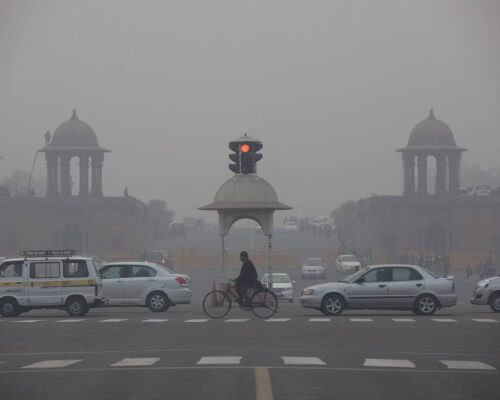
Air Pollution in India – An Ongoing Crisis
Air pollution has long been a problem for India, and the issue has reached a head in the last two decades. Air pollution is the leading health risk factor in the country and costs the government a notable portion of its GDP. Policies to combat poor air quality are in place, yet they cannot keep up with the country's growth.
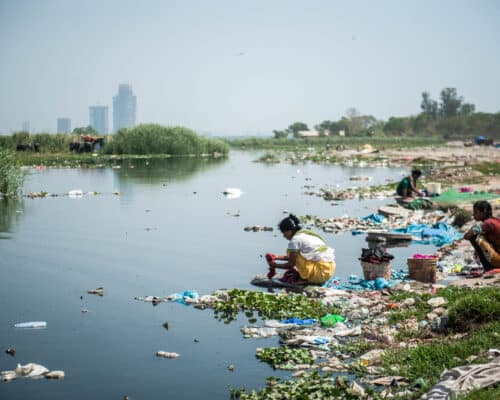
5 Biggest Environmental Issues In India and Solutions
India's vast land area and population are feeling the effects of environmental degradation. Some of the country's core environmental resources are showing strain under mounting pressure. Without change, the environment will continue to struggle and decline, with climate change expediting the process.
How Bangladesh and Pakistan Can Survive the Energy Crisis
Fossil fuel import dependence has put Pakistan and Bangladesh in a very similar situation. However, both countries' pathways for salvaging it are also comparable: diversifying their energy mixes with a focus on renewables and reduced reliance on deliveries.
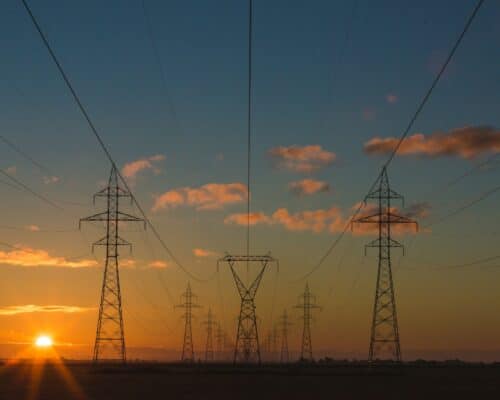
Energy Crisis in Pakistan: New Policy Approach Is Crucial
While there are hardly any easy short-term solutions to Pakistan’s energy situation, the country has a way out. The most viable strategy is helping its population navigate turbulent times while charting a more sustainable long-term energy system master plan emphasising energy independence.
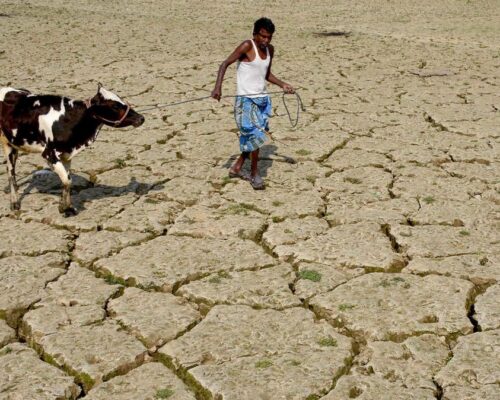
Climate Change in India – Impact and Urgent Reality
India is one of the world's largest greenhouse gas emitters and is at the forefront of climate change impacts. To limit the impact of climate change, the country needs to scale up adaptation and mitigation measures. Increasing renewable energy capacity is a critical part of these strategies.
Malaysia Nears Its 40% Renewable Energy Target by 2035
Malaysia has solid renewable energy market fundamentals, low investment risks for project investors and an abundance of untapped clean resources. Capitalising on them requires the introduction of favourable policies to attract green capital and ease project developers.
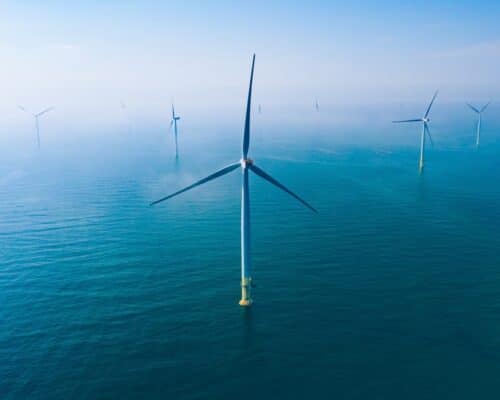
S. Korea’s Offshore Wind Potential and Getting Locals Onside – Podcast
Energy Insights speaks with Mark Hutchinson, the director and chair of the Southeast Asia Task Force at the Global Wind Energy Council (GWEC).

LNG Projects in the Philippines: Share of San Miguel Corporation
The Philippines continues its liquefied natural gas (LNG) development trajectory despite its cost, environmental impact and widespread disapproval. Manila-based conglomerate San Miguel Corp. (SMC) is spearheading this development.
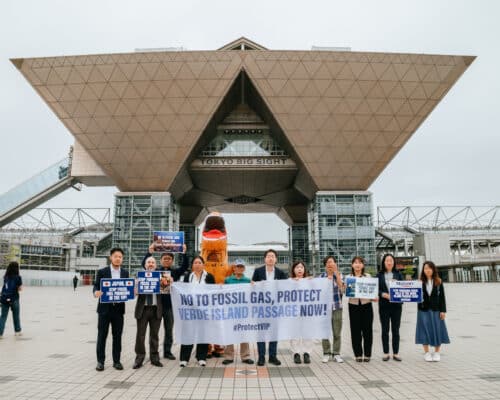
Greenwashing on the Agenda at Japan Energy Summit 2024
The Japan Energy Summit, held recently, included sessions on pioneering innovative energy technologies and accelerating decarbonisation in its agenda. Unfortunately, these sessions pushed fossil fuel narratives instead.
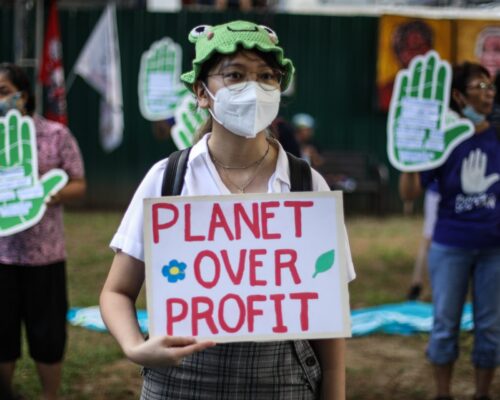
Climate Change Laws And Policies In The Philippines
The Philippines is one of the most at-risk countries for climate impacts. As a result, the country has implemented laws and policies to implement climate mitigation and adaptation into its core processes. However, these policies must be updated and enforced to create long-term change.

Heat Wave in Pakistan 2024: A Scorching Reality
Near-record temperatures have led to an extended heat wave in Pakistan in 2024. This follows several other record-setting heat waves over the last decade. Climate change is exacerbating this issue and highlights the urgent need for more decisive climate action.

Offshore Wind Offers South Korea Huge Economic Opportunities: GWEC
According to the GWEC, offshore wind power can bring South Korea 770,000 new jobs and 87 trillion won (USD 63 billion) in investments over seven years. However, unlocking these gains requires a holistic plan where the government and stakeholders collaborate to introduce favourable supporting policies and advance community-focused offshore wind deployment.
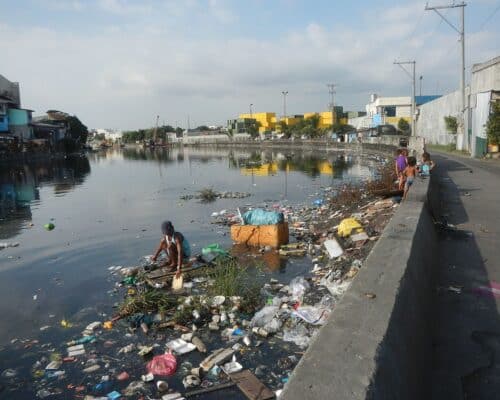
Water Pollution in the Philippines: Causes and Solutions
The Philippines' Water pollution primarily stems from industrial processes, agriculture and domestic sewage. These sources create poor water quality across the country and are tied to environmental, economic and public health concerns. Stricter regulation and increased sanitation services are critical to improving the country's water quality.
Most Popular
Categories
-
9
-
33
-
126
-
4
-
17
-
43
-
52
-
11
-
10
-
15
-
24
-
6
-
6
-
247
-
195
-
13
-
23
-
1
-
1
-
23
-
38
-
41
-
84
-
18
-
81
-
41
-
17
-
10
-
40
-
41
-
86
-
284
-
21
-
39
-
35
-
10
-
41
-
36

